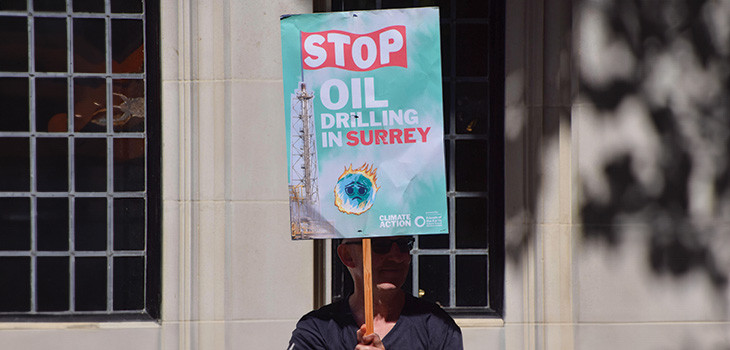
Writing in this week’s NLJ, Dr Douglas Maxwell, Henderson Chambers, analyses the majority and dissenting judgments in depth and assesses the likely impact of the case.
Maxwell writes: ‘Much has been made of the potential for wider implications and the degree to which the decision of the majority follows a pattern where judges are increasingly open to arguments that legal instruments encompass climate change considerations.’
As Maxwell notes, the decision has already had an impact on two major projects.










